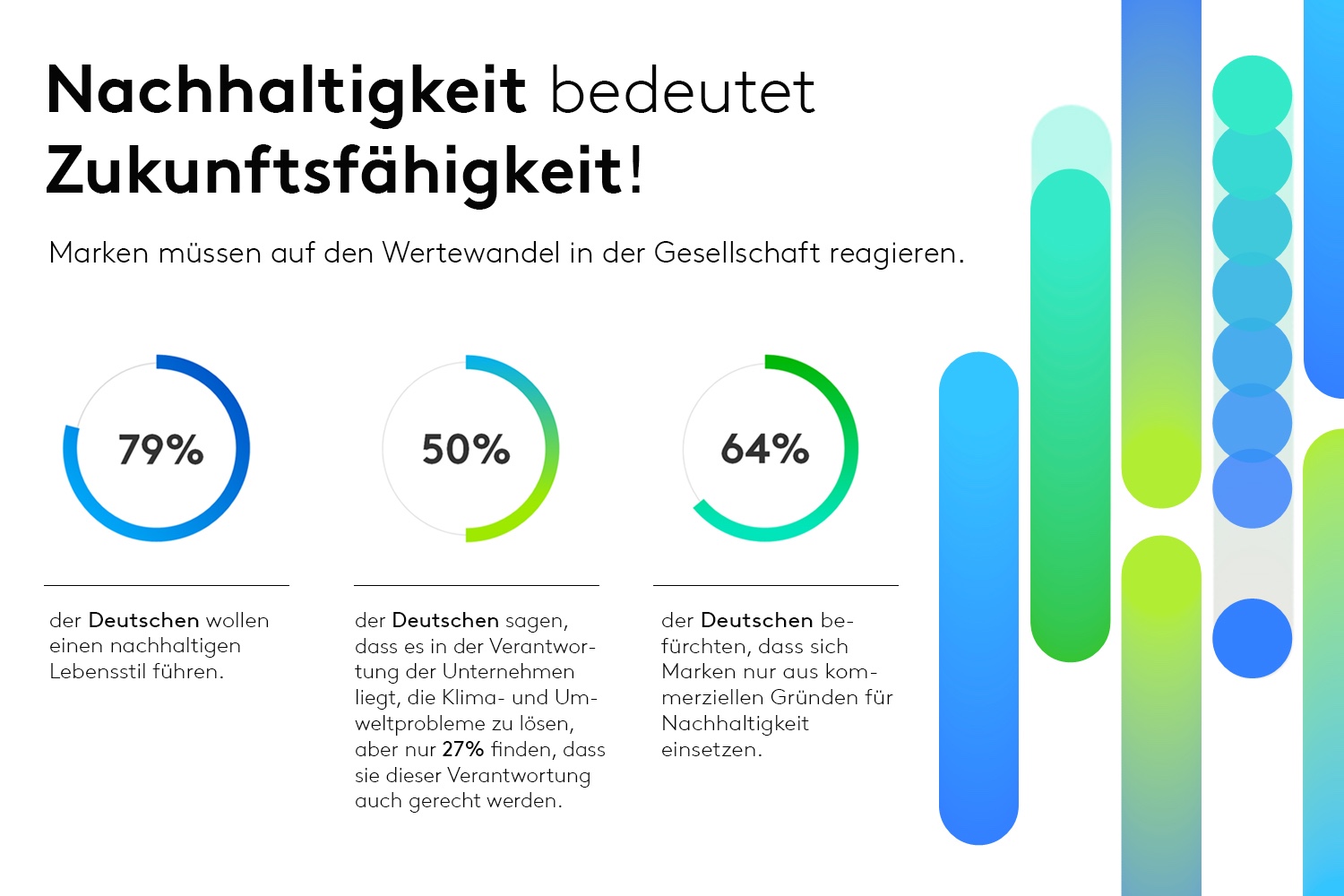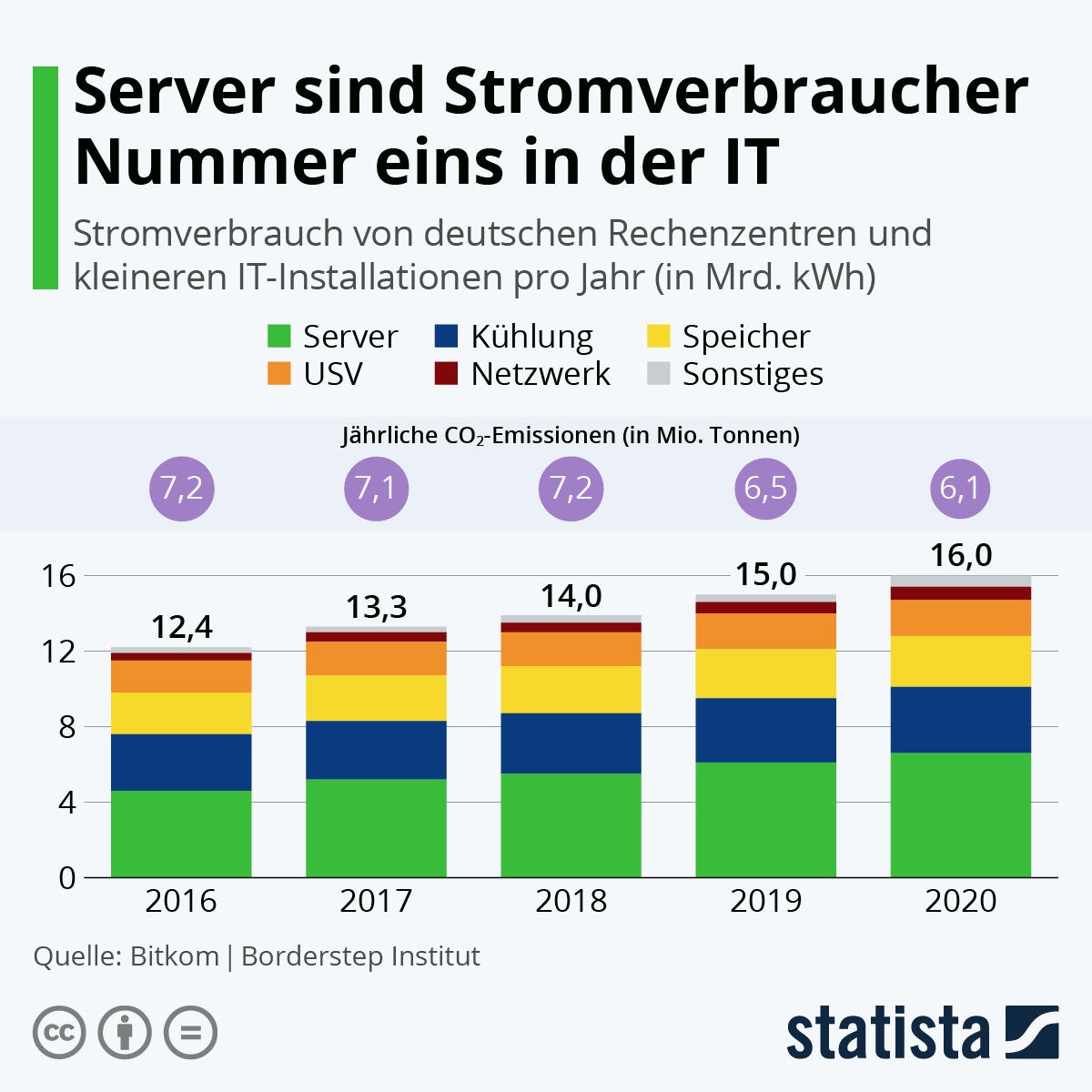"Sustainability" is a buzzword that can be heard around the world today. Many companies want to become more sustainable, more environmentally friendly or more fair. But how can this be achieved, especially in online retail? How can you realise "sustainable commerce"? Here are a few practical tips. But first, let's look at the starting point.
The torn nature of consumers
There are currently two opposing trends in (online) retail.
- On the one hand, there are many consumers who love a quick shopping spree. They order cheap goods from China or follow the fast fashion trend and buy a new clothing collection every few weeks. This is not sustainable.
- On the other hand, an increasing number of customers are becoming aware that every product leaves an ecological footprint, from development to production to shipping. It is important to reduce this in the interests of environmental protection. Accordingly, sustainability aspects such as ecological production, organic quality, fair trade and recallability are very popular.
Around 70 per cent of consumers pay attention to high product quality when shopping and 68 per cent consider animal welfare to be important when it comes to food. These are the results of the "Sustainable Commerce Report 2023" by the Austrian Retail Association and EY. And a Kantar study found out that 79 per cent of Germans want to live a sustainable lifestyle.


Quelle: https://www.kantar.com/de/campaigns/nachhaltigkeitsstudie
However: "The willingness to make personal sacrifices for sustainability has decreased significantly compared to 2021," is one of the findings of the Sustainable Commerce Report 2023. "The younger generation in particular finds it more difficult than average to give up fast fashion or air travel, for example."
To put it simply, you could say that consumers know that they need to pay more attention to sustainability aspects but are still finding it somewhat difficult to implement them consistently. Nevertheless, the group of LOHAS appears to be growing.
What does LOHAS mean?
The abbreviation stands for "Lifestyle of Health and Sustainability". It refers to a target group that is interested in a healthy and sustainable lifestyle.
The special thing about it is that the LOHAS clientele is very heterogeneous. For example, there are people who are strictly vegan, only buy organic products and are critical of new technologies. LOHAS also includes consumers who only eat a partial vegetarian diet, occasionally treat themselves to a holiday in nature, but still enjoy environmentally harmful activities.
Your starting points for more sustainability in e-commerce
Do you also want to focus on sustainable commerce? Then you are facing a major challenge. Because there are many building blocks that you need to check and perhaps also adapt. Here are some key points:
Production partners and supply chain
Choose your suppliers carefully. Make sure that they really do manufacture their products in an environmentally friendly and fair way. Check whether the basic materials such as cotton or wood are sustainable.
The route to you should also be environmentally friendly and socially fair. Politicians have emphasized the importance of this with the "Act on Corporate Due Diligence to Prevent Human Rights Violations in Supply Chains" (also known as the "Supply Chain Act").
Avoiding packaging waste
Instead of sending all the components of an order individually, you should try to bundle as many goods as possible into one package. This could mean that you have to deviate from standard packaging and purchase special packaging that is better suited to your products.
Also choose recycled cardboard boxes and paper envelopes. Use environmentally friendly alternatives such as corrugated cardboard instead of bubble wrap as filling material. Another option would be to use filling chips made from corn starch, which are biodegradable.
Sustainable logistics
Every parcel sent has a negative impact on the environment. You could therefore offer a corresponding CO2 compensation as a surcharge. This can be done, for example, by supporting forest reforestation projects.
When choosing your logistics partner, you should pay attention to how sustainably they work. For example, does it have a fleet of electric buses? Do they use a lot of small vehicles or a few larger ones? Do the employees receive fair wages and do they work regular hours?
Returns management
Encourage your customers to only order what they really need. For example, guide reports and good online tools can help them find the right shoes or the perfect smartphone. You could also consider charging extra for returns.
You should also ask yourself these questions: How does your company deal with returns? Are they simply destroyed? Or do you check whether the returned goods are still usable? And do you try to resell or recycle the returned products?
Expansion of green IT
Another important measure for sustainable retail is the improvement of IT systems. Servers, cloud infrastructures, standalone computers, tablets: all these components require electricity. A lot of electricity, in fact!


Quelle: https://de.statista.com/infografik/27846/stromverbrauch-von-deutschen-rechenzentren-und-kleineren-it-installationen-pro-jahr/
To become more sustainable, your company should rely entirely on green electricity. Either produce it yourself or buy it in. When choosing your service providers, also pay attention to how they operate their IT infrastructures. For example, opt for "green hosters".
Also adapt your working methods. For example, is it necessary to travel across Germany for meetings or book international flights for partner meetings? Advocate a reduction in business travel and the increased use of video conferencing in your company.
Put on your consumer glasses
Change your perspective. Ask yourself from the customer's point of view how your company and your online retail should become more sustainable. What could be important for your target group that you have not yet thought about from a company perspective? Read the Federal Environment Agency's online shopping tips and ask your customers specific questions.
It is also important that you do not turn sustainable commerce into a one-off project that you end after x weeks or months. Stay on the ball and continually find new adjustments that you can make.
Important: Do not engage in greenwashing!
Have you already implemented initial measures for sustainable management? Great! You certainly want to communicate this. Do that - but don't engage in greenwashing.
If you present your company as "greener" than it actually is, this is considered deception. If your "re-coloring" is discovered, it will rightly lead to criticism, possibly to lawsuits, bad press and a shitstorm in the social networks. So: Don't overdo it with your PR and marketing campaigns!
Fazit
Sustainable commerce is an important trend. Following it is not that difficult. And it's worth making your online trade fairer and more environmentally friendly. Your employees, your business partners, your customers and our environment will thank you for it. What's more, making your company more sustainable can also be a driver for greater efficiency and a boost for your digital transformation.








